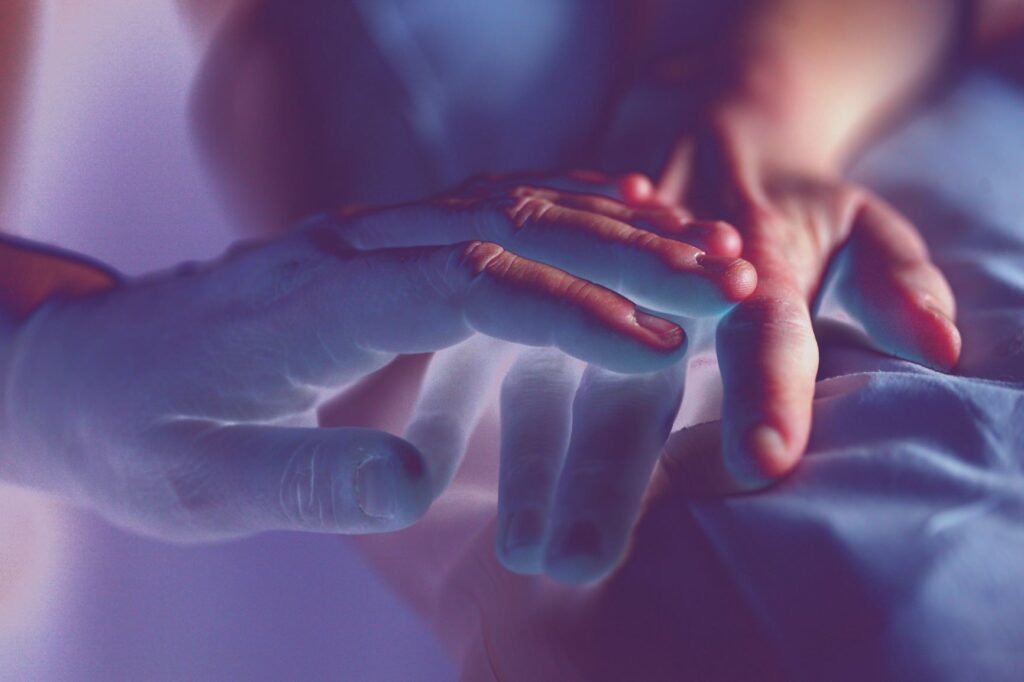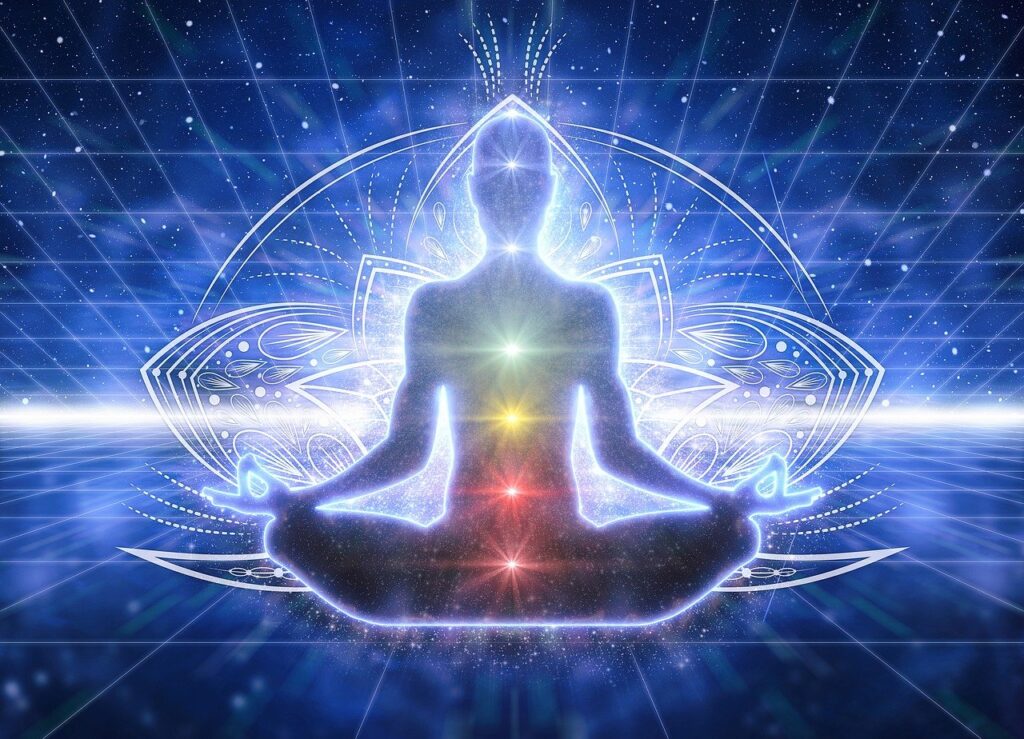Benefits Of Reiki
Reiki is a non-invasive method to endorse relaxation and elevate the natural abilities of the human body to promote self-healing. Reiki affects every person in a different way. Some of the benefits felt from this treatment may include.
• Calmness, serenity and feeling more laid back
• Feelings of comfort and nurture
• Better able to cope
• More positive outlook
• Less affected by stressful people or situations
The effects of Reiki are noticeable but do not usually arrive as an overnight transformation and do not seem to be long-lasting with just one treatment or sporadic treatments here and there. They are progressive or gather momentum over time, therefore it would be advisable to receive Reiki treatments for 4-6 weeks to initiate the healing process.
Reiki helps to relieve pain and supports the physical body healing. On the outside looking in, a reiki treatment might appear to be merely a sequence of hand placements, it works to restore balance of the deepest possible level. It encourages your system to improve your body’s vital functions (breathing, digesting, and sleeping) so your physical systems function optimally. On a physical level Reiki helps to relieve pain from migraine, arthritis, sciatica- just to name a few. It also helps with symptoms of asthma, chronic fatigue, menopausal symptoms, and insomnia.

The beauty of Reiki is that it is a non-invasive and is administered in a very gentle manner. The Reiki practitioner can give Reiki without touching the body, in cases where patients have burns or major injuries Reiki is safe to use if you have medical conditions such as epilepsy, diabetes or heart conditions, you may receive Reiki treatments if you are undergoing chemotherapy.
The healing energy of the treatment works in a subtle but profound and instinctive way. It is as if the energy is always working in the background. This therapeutic energy is generally applied to deliver relief from, (just to name a few)
• Aids relaxation
• Emotional stress
• Anxiety
• Depression
• Post-traumatic stress disorder
• Chronic pain
• Infertility
• Neurodegenerative disorders
• Autism
• Fatigue syndromes (ME)
• Multiple sclerosis
• Migraines and headaches
• Menstrual cycle
• Menopause
• Insomnia
• Cancer – Reiki is a complementary therapy that can run alongside your cancer treatment chemotherapy, radiation therapy and surgical intervention. Ongoing research has shown that mind and body therapy can improve quality of life for those with a life-limited illness, such as mesothelioma. Reiki assists in several ways including a reduction of pain, chemotherapy side effects, stress, and anxiety.
What To Expect During A Reiki Treatment
Ideally the treatment will be carried out with the client laid down on their back, fully clothed with their shoes removed. It is possible for the treatment to be completed in the seated position or from long distance.
During the treatment, the practitioner will rest their hands in a sequence of non-invasive hand positions. The treatment can be performed in silence or with soft, soothing music playing. It is likely that you will feel very relaxed and may even fall asleep.

The hand positions may include the hands resting or hovering above the body in the sequence; Shoulders – Temples – Crown – Back of the head – Front of the face – Throat – Heart and solar plexus – Naval – Hips – Arms – Upper legs – Knees – Ankles. If the client has a particular problem with the back, then the practitioner may ask for you to turn over in-order to treat the back.
During the treatment you may feel intense heat from the practitioner’s hands. Some clients feel tingling, see coloured lights, feel as though they are floating or very heavy and on occasions clients may find that aches and pains come to surface during the treatment.
You will be given a few moments after the treatment has finished to relax and open your eyes in your own time. After the treatment may feel light-headed and lethargic for a while, but every client may experience different reactions due to their emotional and physical well-being during the treatment. It must be noted that if a client is under a considerable amount of stress, they may experience what is known as a “healing crisis”. This means for the body to reach balance and promote self-healing the symptoms may get worse before it gets better. This is temporary as the body achieves balance.
Some of the reactions felt during a “healing crisis” are;
• Tiredness or lethargic due to the release of toxins
• Dizziness or nausea
• Aching or soreness in the muscles due to the release of toxins
• Heightened emotions
• Increased secretions of mucus from the nose and mouth
• Cold-like symptoms
Clients often report profound positive reactions following a healing crisis.